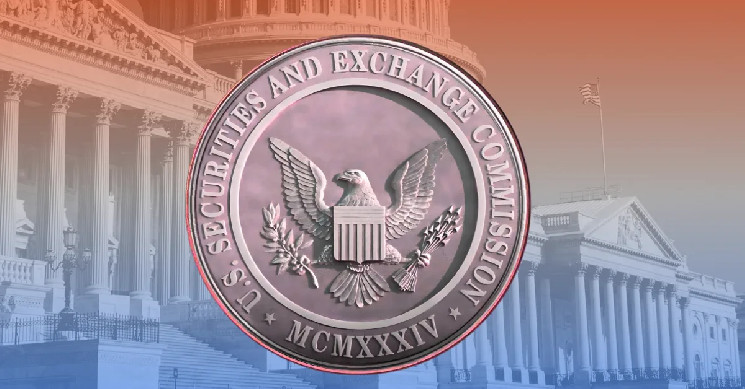The world of cryptocurrency and digital assets is constantly evolving, and recent developments from the IRS and Treasury have sparked discussions within the industry. In a recent episode of the Thinking Crypto podcast, Amanda Tuminelli, Chief Legal Officer at the Defi Education Fund, shared her insights on the IRS’s finalized tax reporting rule for defi industry participants. The rule, which was announced on December 27th, has raised concerns among industry players who argue that it is too broad in its definition of who qualifies as a broker under the statutory framework.
According to the IRS, a broker is defined as someone who facilitates the transfer of digital assets on behalf of another person in exchange for consideration. However, there is a debate over whether front ends, which do not take custody of assets but assist users in completing transactions, should be classified as brokers. The IRS’s stance is that any service involved in facilitating transactions, regardless of custody, can be deemed a broker.
One of the key points raised by Tuminelli is the timeline for implementation of the rule, which is set for 2025 but will not impose reporting obligations until January 1, 2027. With the possibility of a new pro-crypto administration coming into power, there is optimism for potential pushback or rollback of the rule. Congress could utilize the Congressional Review Act to review and disapprove of the rule before it takes effect, providing some relief for industry participants.
Looking ahead, Tuminelli also discusses the potential impact of a pro-crypto President Donald Trump and the appointment of Paul Atkins to replace Gary Gensler at the SEC. There is hope that under new leadership, the SEC will focus on fair regulations and possibly drop non-fraud cases to avoid unnecessary litigation. Additionally, Tuminelli highlights concerns over the Department of Justice’s approach towards developers, particularly in cases involving software tools like Tornado Cash, where broad criminal liability could stifle innovation.
In conclusion, Tuminelli remains cautiously optimistic about the future of the crypto industry in 2025. She anticipates more regulatory clarity, favorable settlements, and a reduction in litigation, paving the way for a more secure and thriving ecosystem for digital assets. Stay tuned for more updates on the evolving landscape of cryptocurrency regulations and developments.

